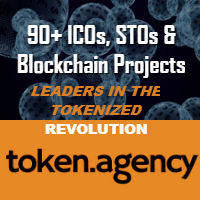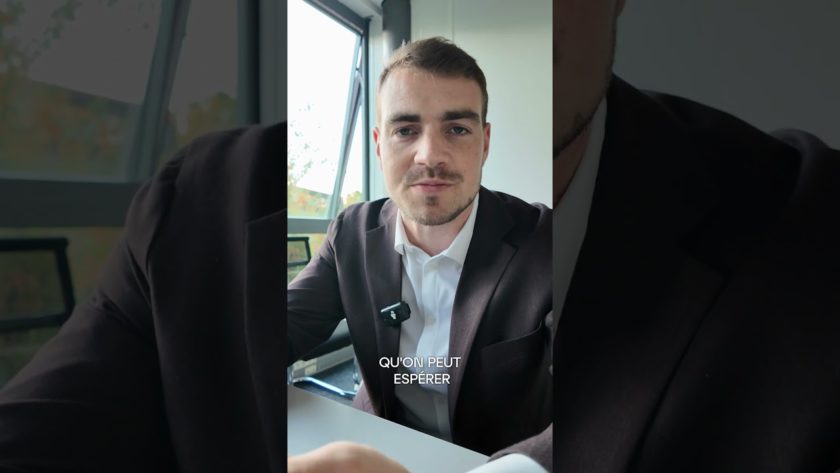Nine major universities from across the globe have formed a group called Digital Credentials, in order to create a trusted, distributed, and shared infrastructure standard for issuing, storing, displaying, and verifying academic credentials.
“Currently, those who successfully complete a degree from an institution must go back to that institution — sometimes by mail or even in person — each time there is a need to verify the academic credentials earned,” said Sanjay Sarma, MIT vice president for open learning. “This can be a complicated problem, especially if the learner no longer has access to the university. Such is the case with many refugees, immigrants, and displaced populations.”
The partners include Delft University of Technology (The Netherlands), Harvard University Division of Continuing Education (USA), the Hasso Plattner Institute (University of Potsdam, Germany), Massachusetts Institute of Technology (USA), Tecnologico de Monterrey (Mexico), TU Munich (Germany), UC Berkeley (USA), UC Irvine (USA), and the University of Toronto (Canada).
“As teaching and learning offered by our universities has come to encompass digital platforms and as each of our learners have gained the power to shape their own educational trajectory over a lifetime, the question of trusted verification and authentication of learning and credentials poses itself with broad urgency,” said Diana Wu, dean of university extension and new academic ventures at University of California, Berkeley.
Using technology that relies on strong cryptography to prevent tampering and fraud, and shared ledgers to create a global infrastructure for anchoring academic achievements, the researchers plan to build upon earlier research and pioneering efforts by their institutions — including MIT’s pilot program for issuing all of its graduates a digital version of their diploma that is verified against a blockchain.
One of the driving forces behind this shared effort is the interest by universities to utilize the advances brought by these new technologies in a way that prioritizes the needs of learners. Digital credentials allow learners to maintain a compelling and verifiable digital record of their lifelong learning achievements that may include badges, internships, bootcamps, certificates, MicroMasters and stackable combinations, as well as traditional degrees — all of which they can easily share with employers or other institutions. Institutions can record and manage the achievements of their learners in a way that is easy, safe, and inexpensive, and minimizes the risk of identity fraud.
“We are well positioned in academia to use cutting-edge technology to empower learners to advance their careers and education with credentials in the palms of their hands,” said Hans Pongratz, senior vice president for IT-systems and services at Technical University of Munich (TUM).
The team has now set its sights on the evolution and governance of a shared standard. “Digital credentials are like tokens of social and human capital and hold tremendous value for the individual. The crucial opportunity we have today is to bring together institutions that share a commitment to the benefit of learners, and who can act as stewards of this infrastructure,” said Philipp Schmidt, director of learning innovation at the MIT Media Lab.
<
p style=”padding-left: 40px;”>”Our shared vision is one where academic achievements, and the corresponding credentials that verify them, can open up new pathways for individuals to become who they want to be in the future,” said José Escamilla, director of TecLabs Learning Reimagined at Tecnologico de Monterrey.
- Nine Major Universities to Build Blockchain Solution for Digital Academic Credentials – April 23, 2019
- Blockmason to Launch Blockmason Credit Protocol Token (BCPT) on Binance Chain – April 23, 2019
- Vinny Lingham’s Blockchain Startup Civic Cuts New Deals with a Dozen Retail Partners – April 23, 2019
- 220 Partners at JPMorgan’s Blockchain Project – New Features – April 23, 2019
- SIM Card Swapper: 21-Year-Old Cryptocurrency Thief Gets 10 Years in US Prison – April 23, 2019
- Indian Central Bankers Excludes Cryptocurrency Projects from it’s New Startup Fintech Sandbox – April 19, 2019
- Enterprise Ethereum Alliance Plans to Launch New Token Taxonomy Initiative – April 19, 2019
- Social Blockchain Project BitGive Signs Deal with Uphold – April 19, 2019
- Crypto Wars Continue – Bitcoin’s Self Proclaimed Founder Craig Wright Threatens to Sue Ethereum’s Vitalik Buterin – April 19, 2019
- Gate.io Exchange Releases IEO Startup Platform and Launches First Project with CNNS – April 18, 2019
- Telegram Cuts Deal With Wirecard to Build Blockchain Shared Payment and Banking Solutions For TON – April 17, 2019
- Token-as-a-Service (TaaS) Shuts Down – Distributes Assets to Token Owners – April 17, 2019
- eToroX Launches 8 Stablecoins on New Cryptocurrency Exchange – April 17, 2019
- Powerhouse Production Company Endemol Shine International Partners with Blockchain Startup BitMovio – April 17, 2019
- Huobi Prime’s Second EO Launch – Two Billion NEW Tokens Sold in Six Seconds – April 17, 2019
- Panxora safeguards ICO assets with crypto treasury management service – April 17, 2019
- Turing Award Winner and MIT Cryptographer, Dr. Silvio Micali, Publicly Opens TestNet at VC-backed Algorand Blockchain – April 16, 2019
- Gibraltar Stock Exchange Opens the Doors to Secondary Market for Security Tokens – April 15, 2019
- Bittreo Releases Crypto Brokerage SAAS – April 14, 2019
- International Monetary Fund (IMF) Head Says Cryptocurrency is Shaking the System – Wary Eye on Silicon Valley Data Collectors – April 14, 2019
Also published on Medium.






